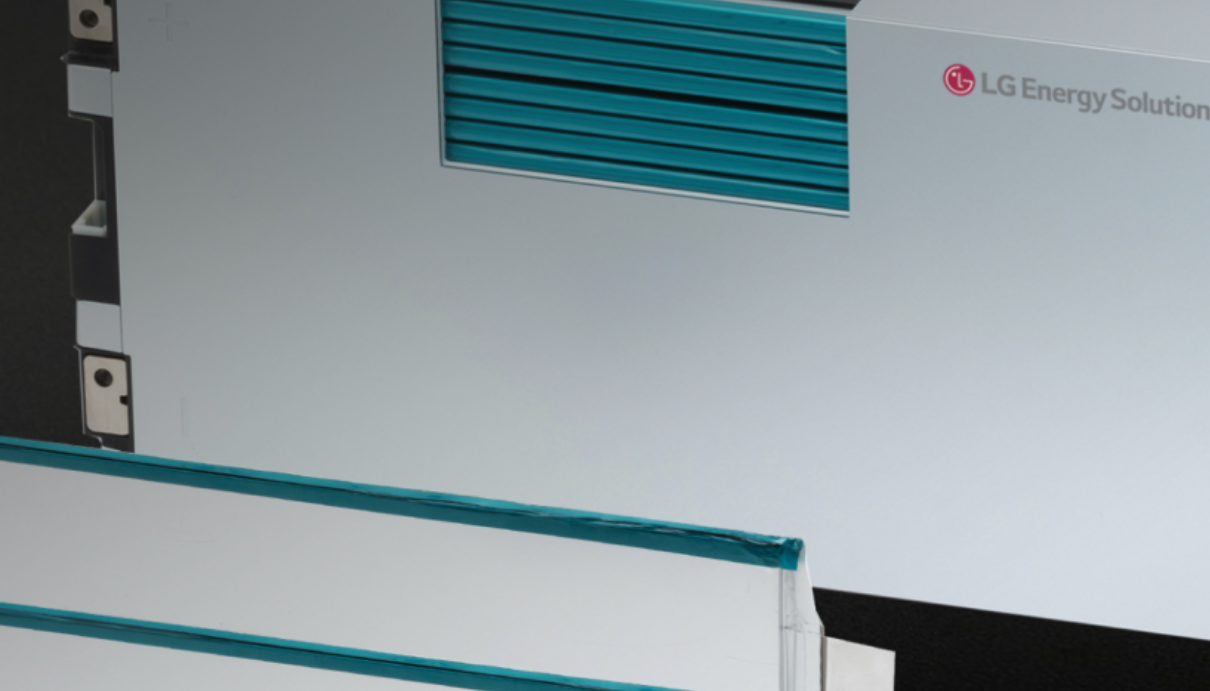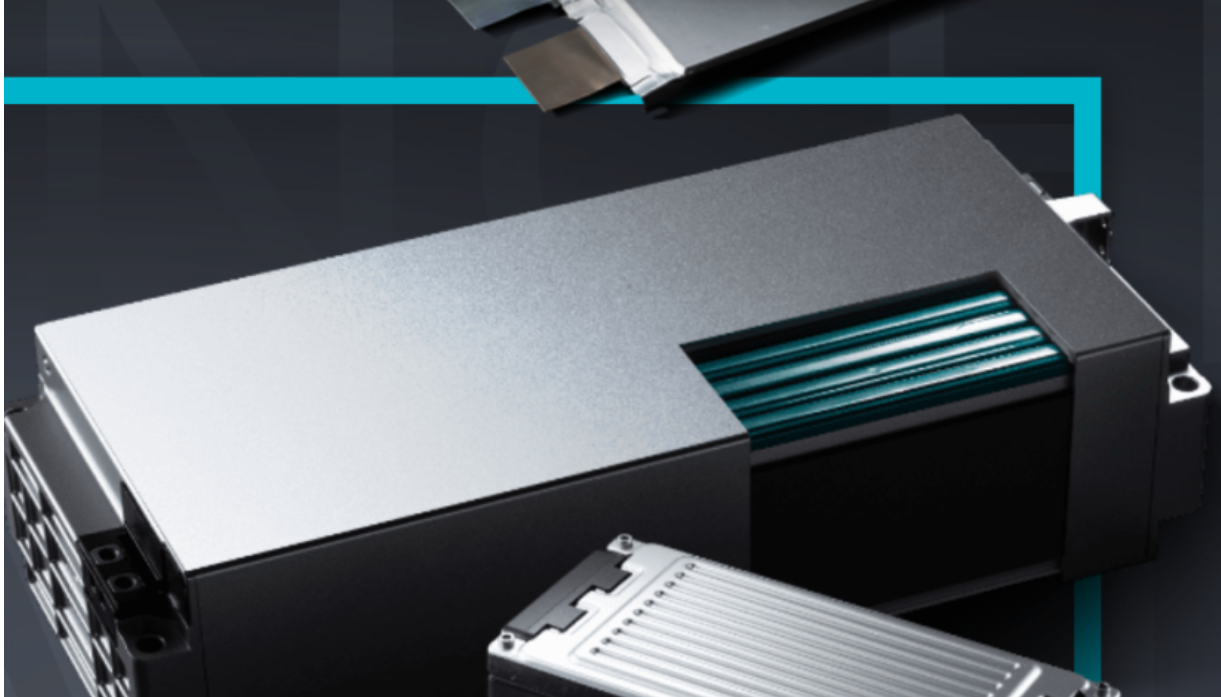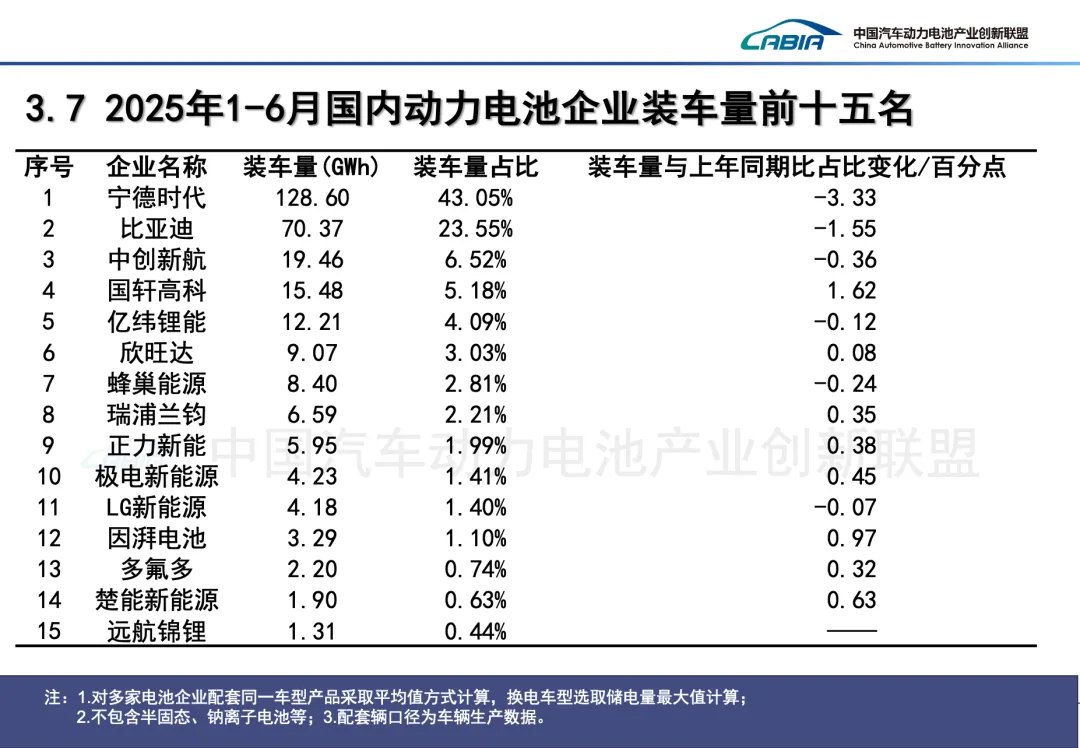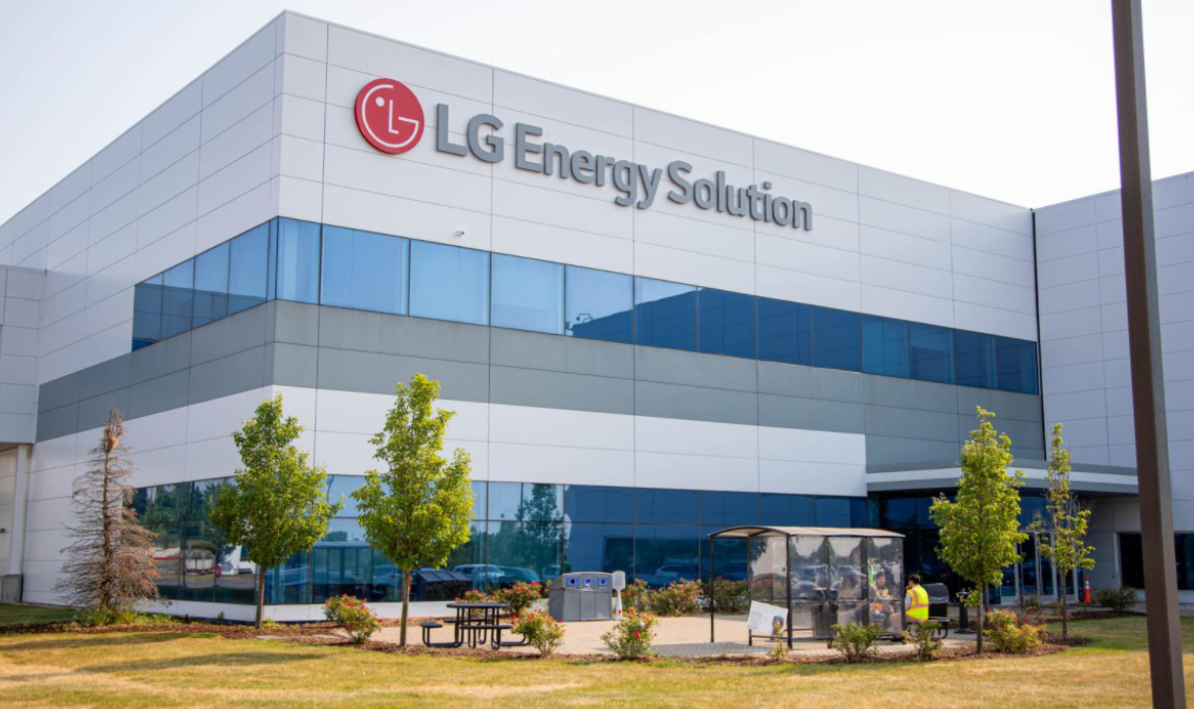Recently, South Korean battery manufacturer LG Energy Solution announced its Q2 2025 financial report. The data shows that the company's consolidated revenue was 56 trillion KRW, representing an 11.2% decrease quarter-over-quarter; however, operating profit skyrocketed by 152.4% year-over-year and grew by 31.4% quarter-over-quarter, reaching 492.2 billion KRW (approximately 360 million USD), significantly exceeding market expectations. Notably, without the tax credits received under the U.S. Inflation Reduction Act (approximately 490.8 billion KRW), LG Energy's operating profit would have been only 14 billion KRW. Consolidated revenue was 55.65 trillion KRW, down 9.7% year-over-year and 11.2% quarter-over-quarter; net profit reached 91 billion KRW, compared to a net loss of 24 billion KRW in the same period last year. In stark contrast to this impressive financial report, LG Energy's stock price fell by 2.3% on the day of the announcement, raising concerns in capital markets about the sustainability of its performance. A deeper analysis reveals that the substantial increase in LG Energy's profits was largely driven by a 'buying spree' triggered by expectations of U.S. tariffs. North American clients have increased their purchases in anticipation of potential high tariffs, leading to a short-term demand surge that significantly boosted profits. However, as policy benefits wane and the market returns to normal, LG Energy will face the real test of market demand. The company acknowledged that part of the reason for the over 100% increase in Q2 operating profit was that some customers stocked up on batteries before the potential U.S. tariffs took effect. A spokesperson stated, 'In addition to cost-cutting efforts, we increased battery product shipments to U.S. clients such as Hyundai, Kia, and General Motors, thus boosting quarterly profits.' The anticipated import tariffs proposed by the U.S. government acted like a stone thrown into a pond, creating significant ripples in the new energy battery industry. For LG Energy, the direct impact of this policy expectation was an unusual increase in procurement volumes from North American clients in Q2. Notably, LG Energy has signed a seven-year battery supply agreement with U.S. electric vehicle startup Aptera Motors Corp., committing to deliver a total of 4.4 GWh of cylindrical batteries between 2025 and 2031. In addition to Aptera, LG Energy is collaborating with U.S. startup Rivian, having signed a supply agreement for 67 GWh of cylindrical batteries over five years. LG Energy is also maintaining close cooperation with Tesla and deepening partnerships with established automakers such as General Motors and Ford. Despite the huge leap in Q2 operating profit, LG Energy warned that market demand for electric vehicle batteries is expected to slow further due to uncertainties around U.S. tariffs and policies. Major clients like Tesla and General Motors have also cautioned that U.S. tariff policies and the impending expiration of federal electric vehicle purchase incentives on September 30 could adversely affect their operations.
LG Energy Solution Reports Impressive Q2 2025 Earnings Amid Market Uncertainty

Images



Share this post on: